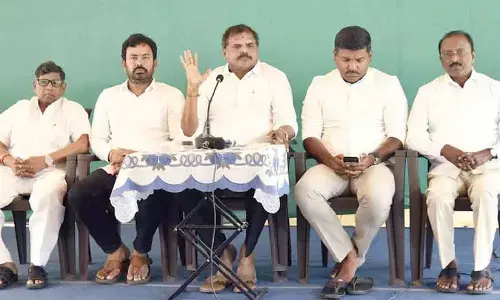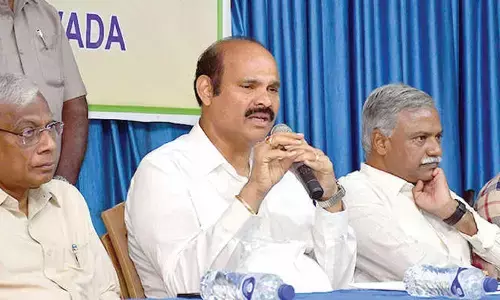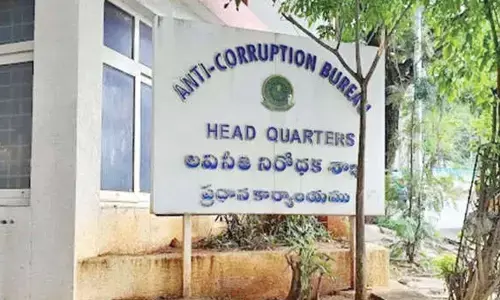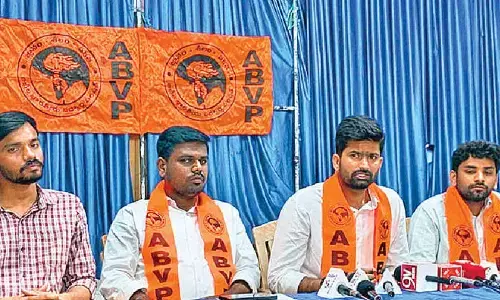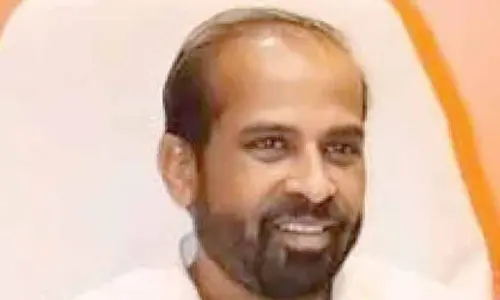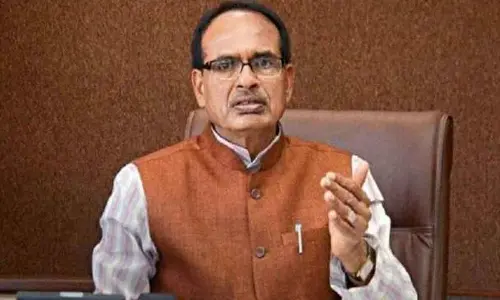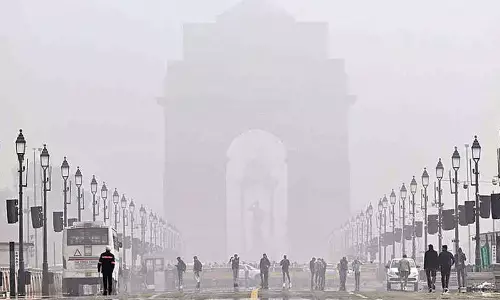Excise policy case: Delhi High Court reserves order on BRS leader K Kavitha's bail pleas
Share :
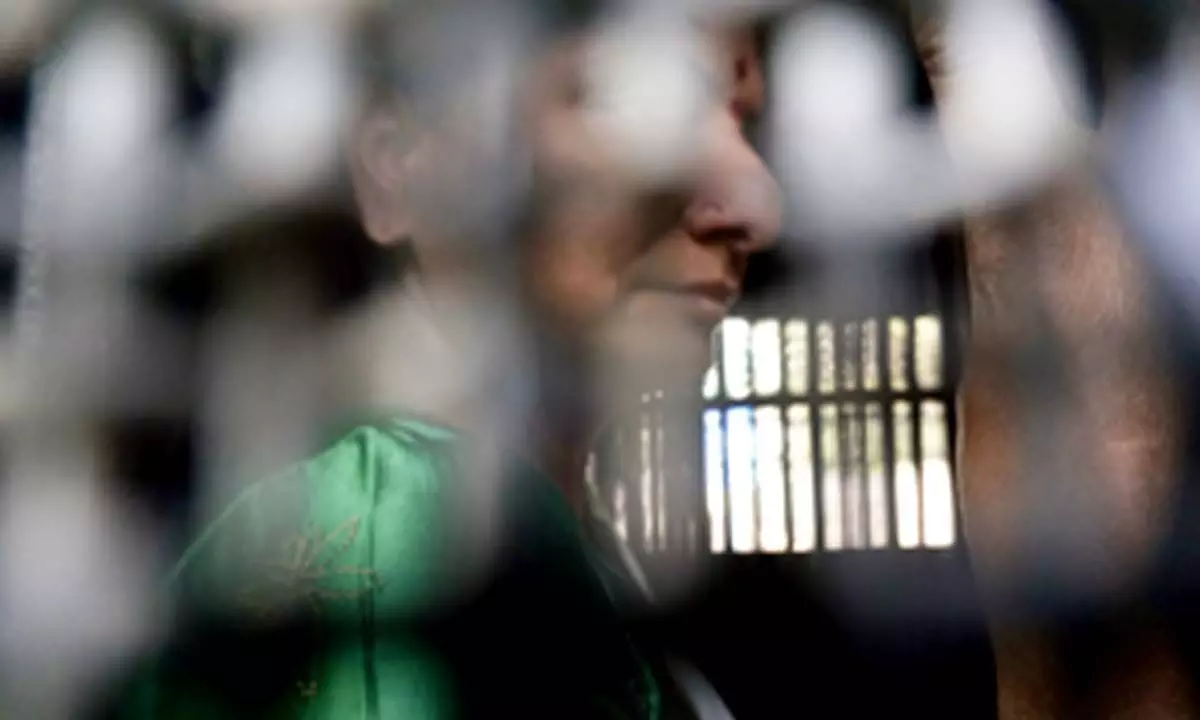
The Delhi High Court on Tuesday reserved its order on the bail petitions moved by Bharat Rashtra Samithi (BRS) leader K. Kavitha, an accused in the money laundering case related to the alleged excise policy scam in the national capital.
New Delhi: The Delhi High Court on Tuesday reserved its order on the bail petitions moved by Bharat Rashtra Samithi (BRS) leader K. Kavitha, an accused in the money laundering case related to the alleged excise policy scam in the national capital.
Kavitha, the daughter of BRS chief and former Telangana Chief Minister K. Chandrasekhar Rao, is presently in judicial custody in cases being probed by two agencies -- the Central Bureau of Investigation (CBI) and the Enforcement Directorate (ED).
Justice Swarna Kanta Sharma's bench decided to reserve its order after hearing the submissions from all the parties involved.
Representing Kavitha, senior advocate Vikram Chaudhari and advocates Nitesh Rana, Mohit Rao, and Deepak Nagar presented their arguments.
Advocate D.P. Singh appeared for the CBI, while Advocate Zoheb Hossain represented the ED.
The CBI opposed the bail plea, saying the investigation is at a crucial stage involving some key aspects such as the roles of other public servants and private individuals, and the tracking of the illicit money flow.
The agency argued that releasing Kavitha on bail could impede the probe, particularly given her failure to meet the 'triple test' criteria established by the Constitutional Courts in multiple decisions.
Similarly, the ED argued against granting bail, citing the complex nature of money laundering offences. The ED said standard bail conditions ensuring the accused's presence during trial and evidence protection are insufficient for money laundering cases.
The ED also warned that advanced technology could enable the accused to obscure the money trail, undermining both the investigation and the trial.
Kavitha had moved the high court after a special court here on May 6 turned down her regular bail pleas. She was first arrested by the ED and later by the CBI on April 11 when she was in Tihar Jail.







